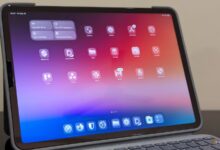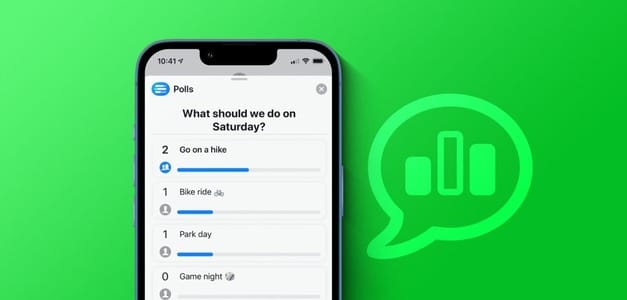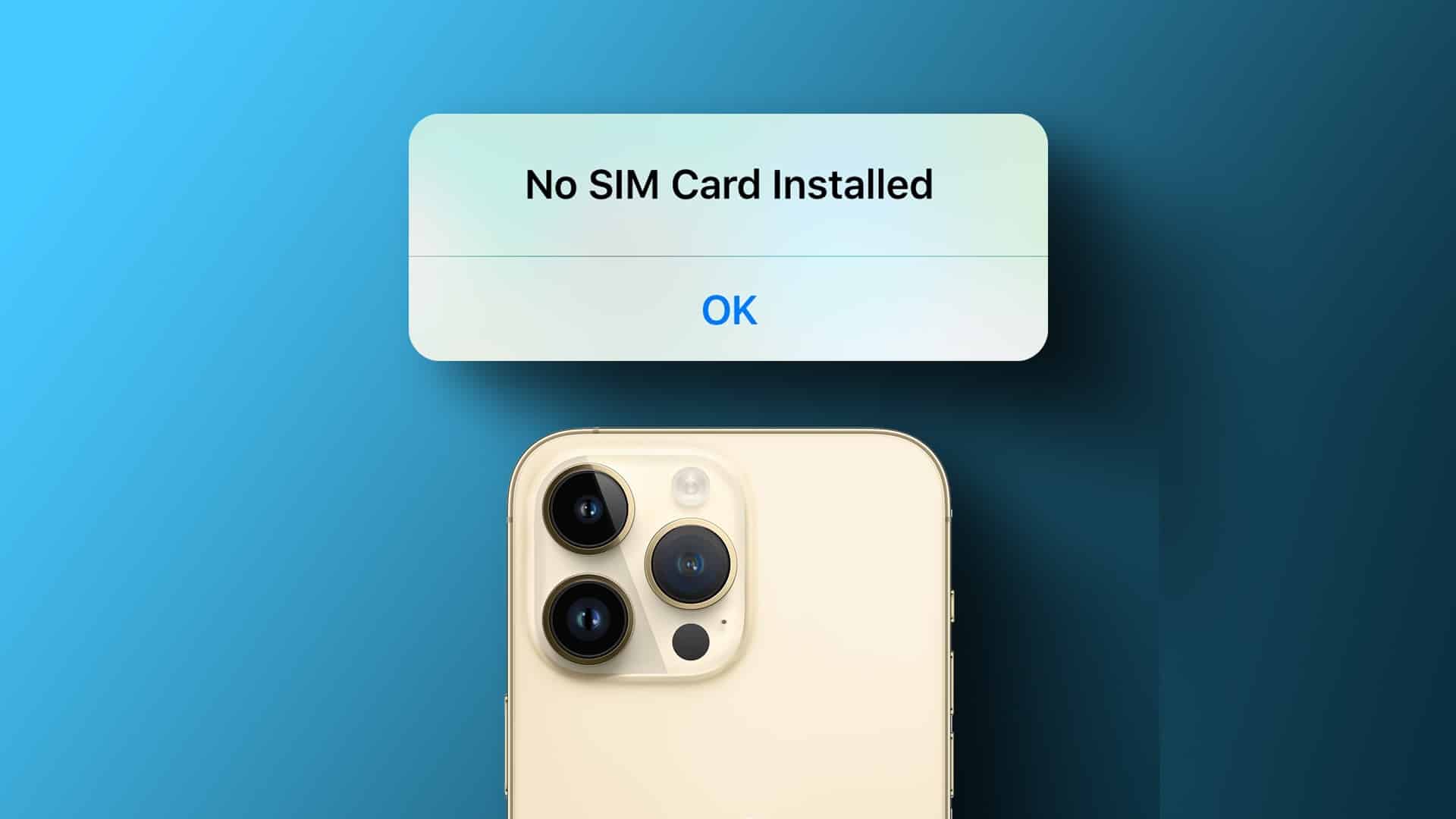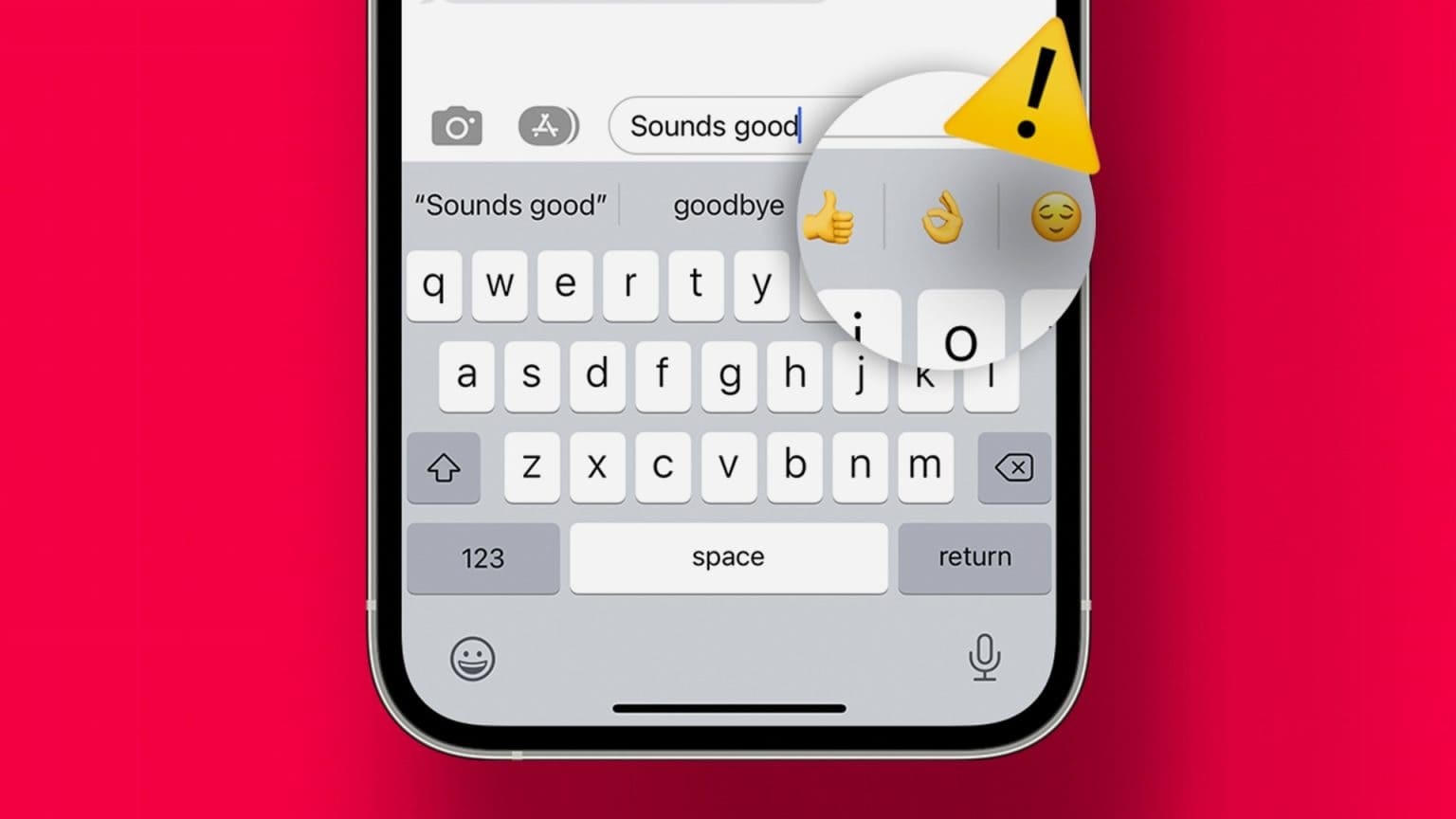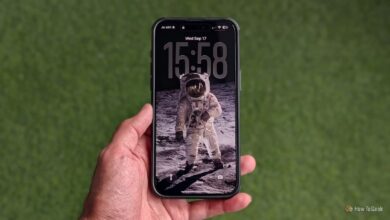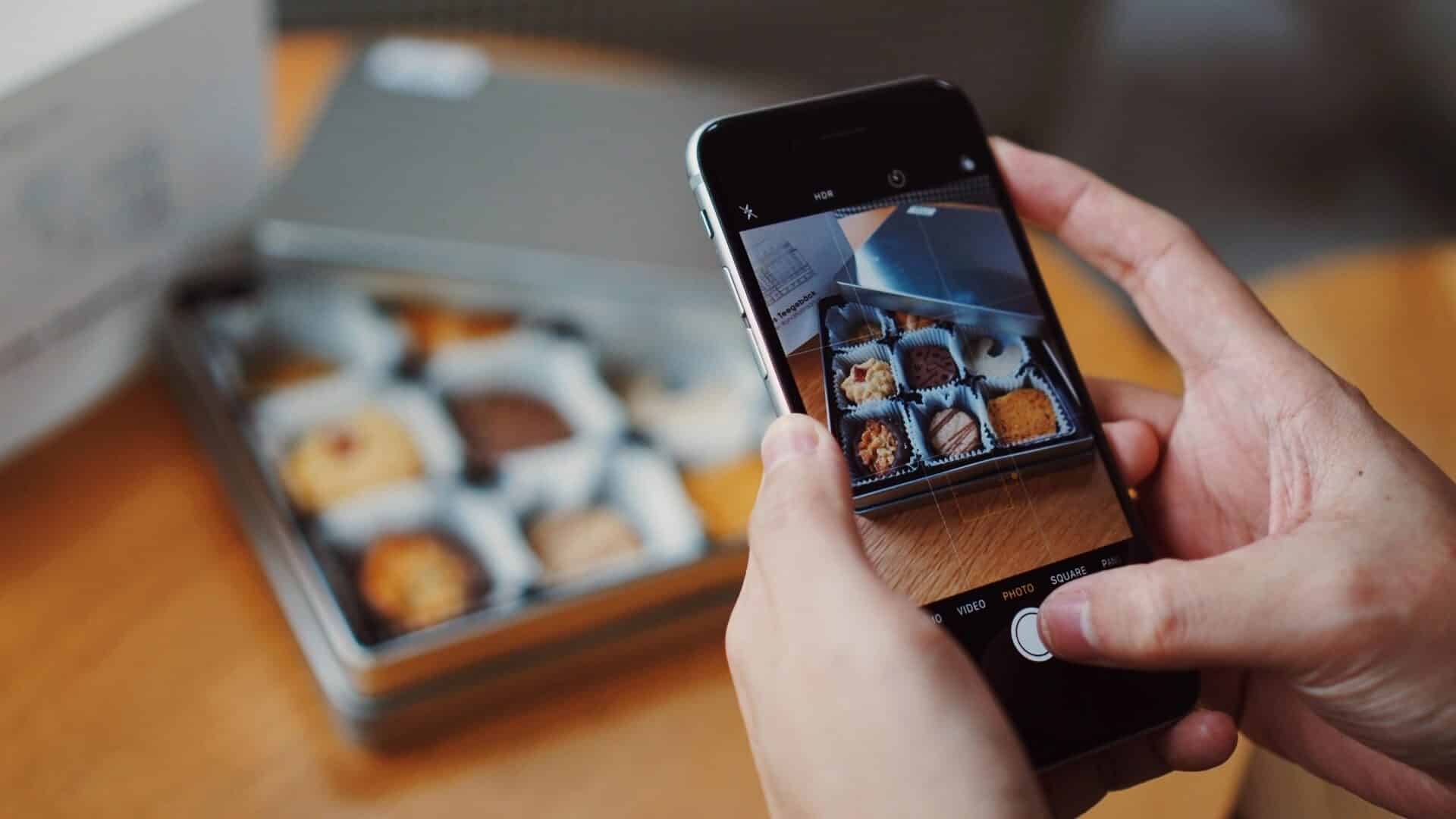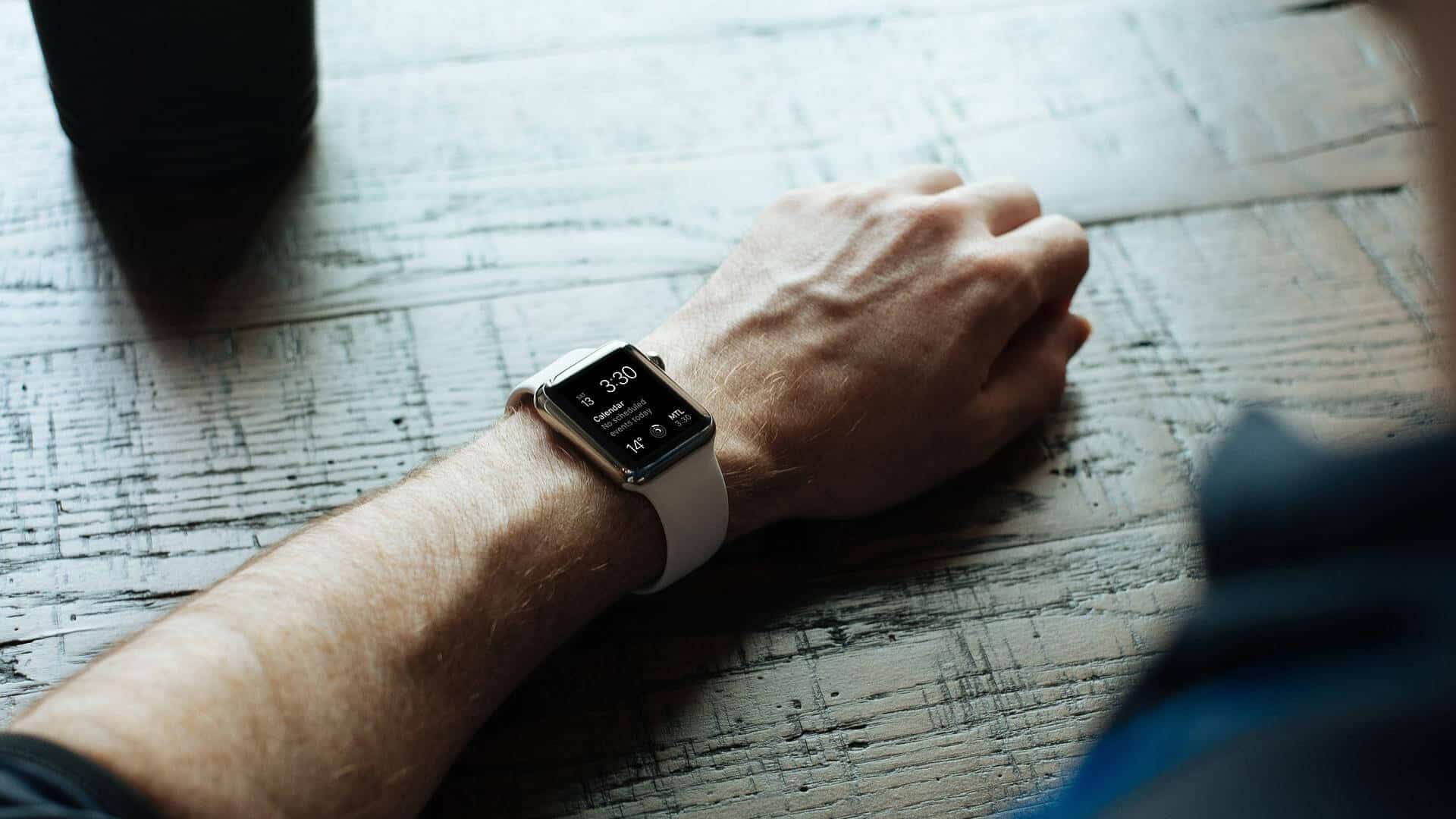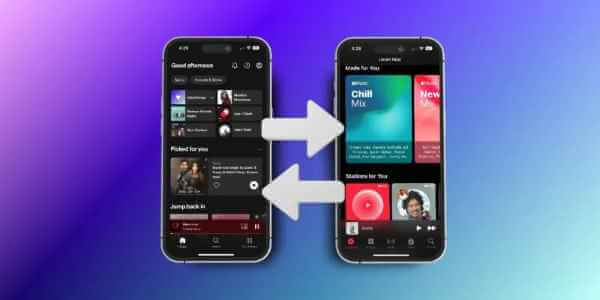There may be times when you want to view a website in desktop mode on your iPhone or iPad. Maybe you want to see what a web page looks like, or you need to check specific details that are only available in desktop mode. If you use Safari as your default browser on your iPhone or iPad, it's easy to request a desktop site on it. Here's how to request a desktop site on Safari on iPhone and iPad.
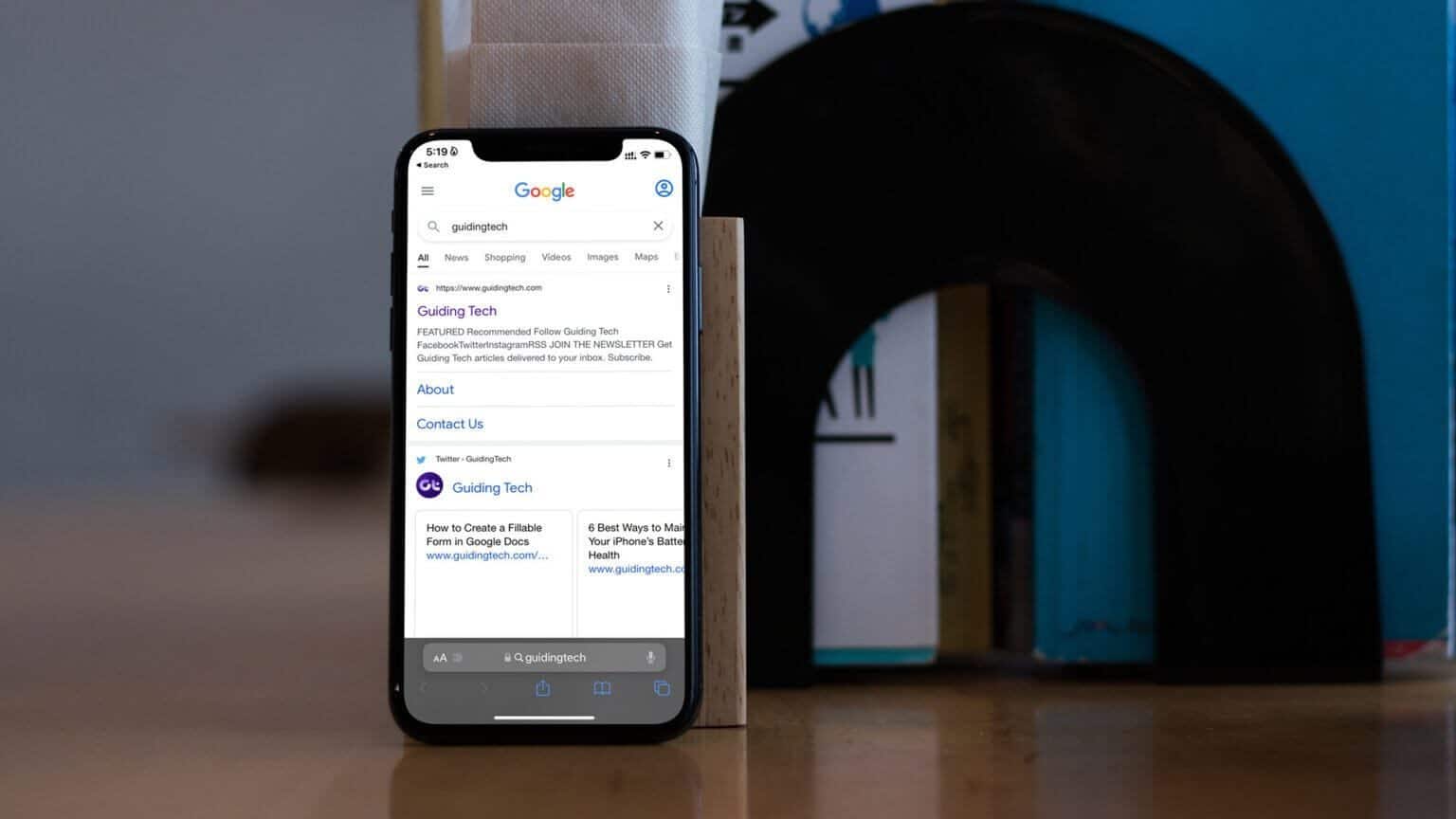
1. Request the desktop site on Safari on iPhone
The virtual desktop site option for ordering can be accessed via Extensions menu in Safari on iPhone.Let's use it.
Step 1: turn on Safari browser and visit web page.
Step 2: Once downloaded web page , Look for Addition code in Safari address bar. Click on it.
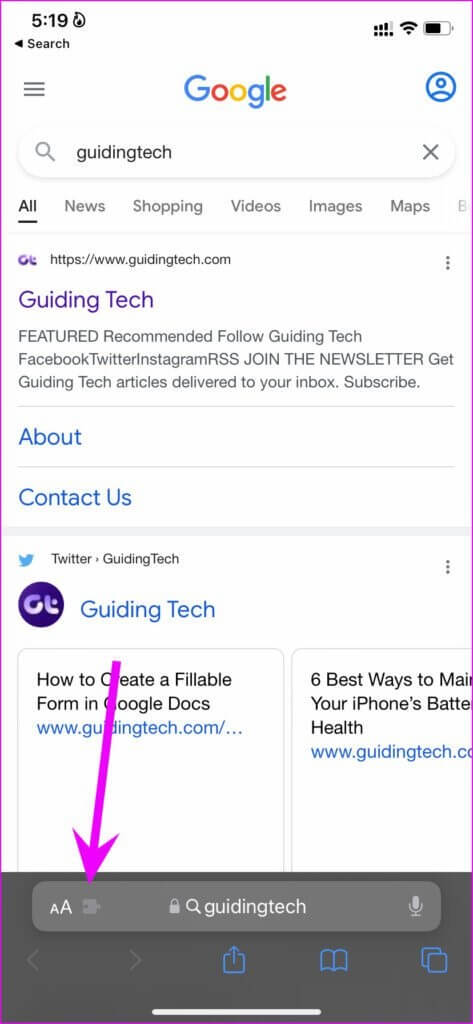
Step 3: Select Request website For desktop and Safari will reload the web page in desktop mode.
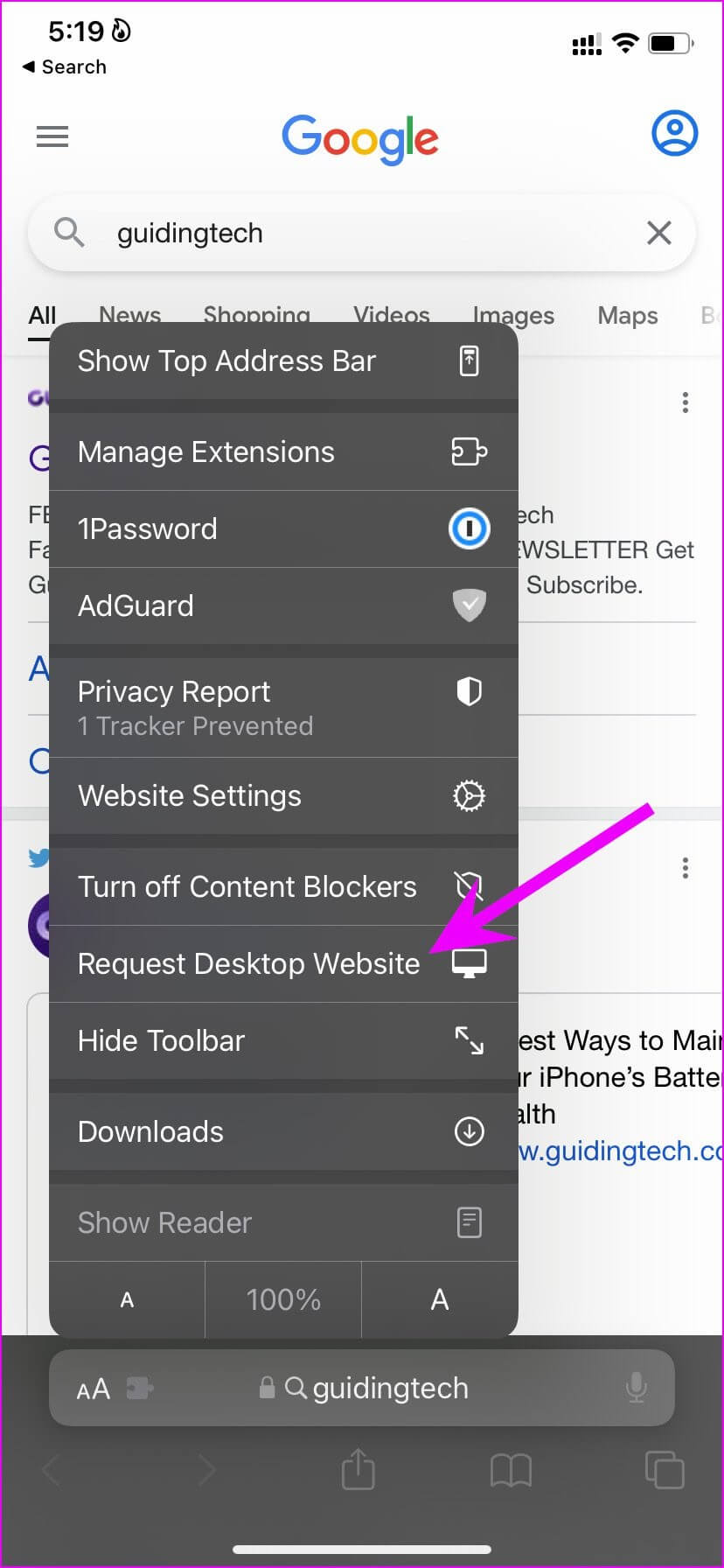
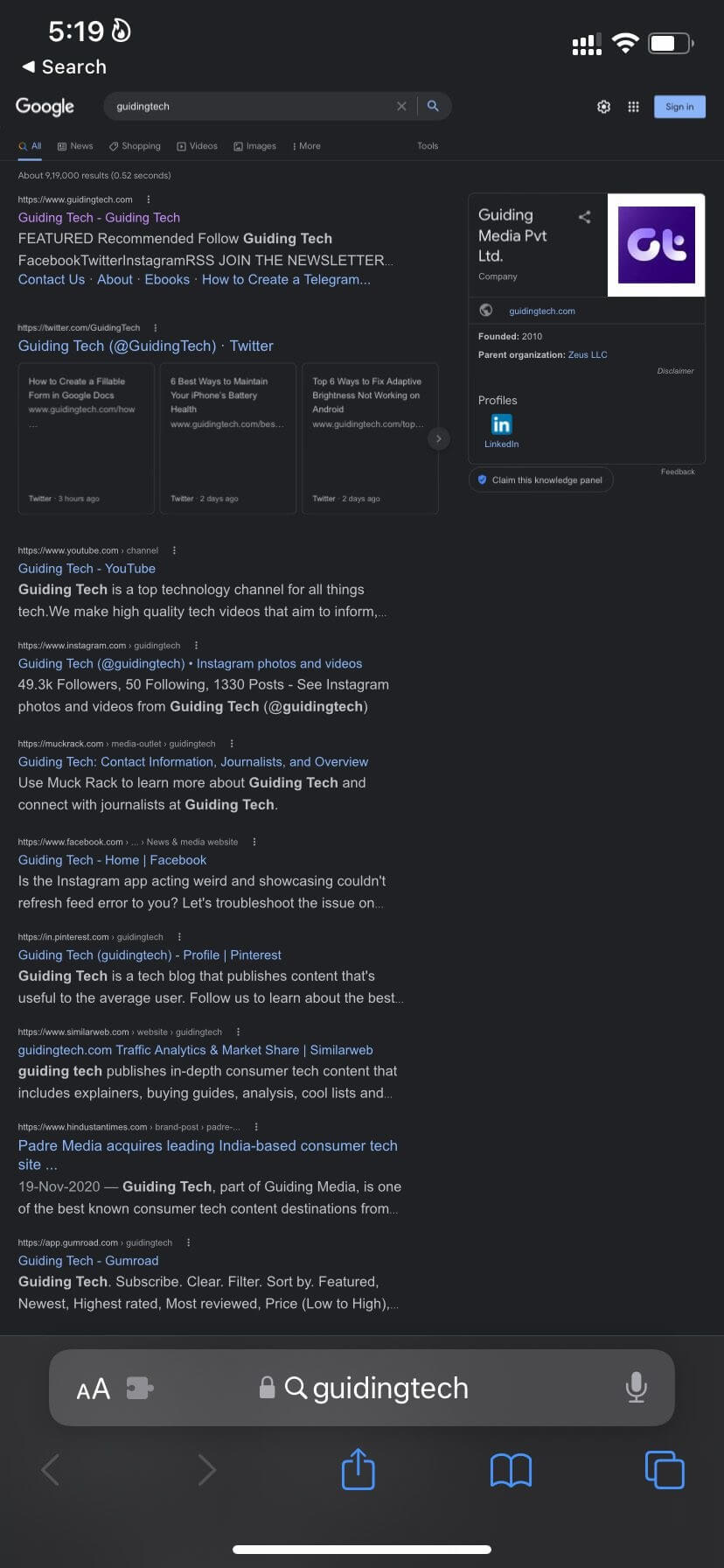
You can return to the same extensions menu and request a mobile website to browse on your iPhone. If you want all future tabs to open in desktop mode only, you'll need to make an adjustment in Safari's settings menu.
Step 1: Open Settings app on the iPhone.
Step 2: Scroll to Safari.
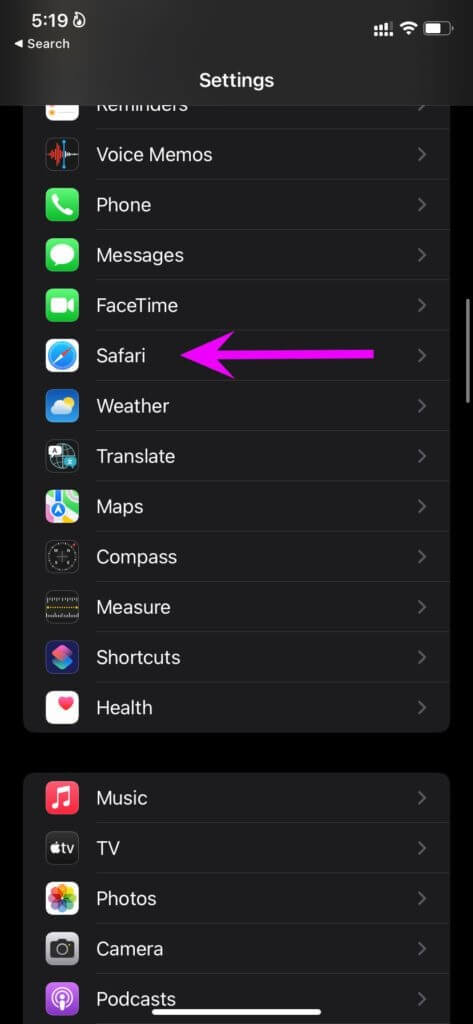
Step 3: Look for Settings menu Websites and select Request a desktop website.
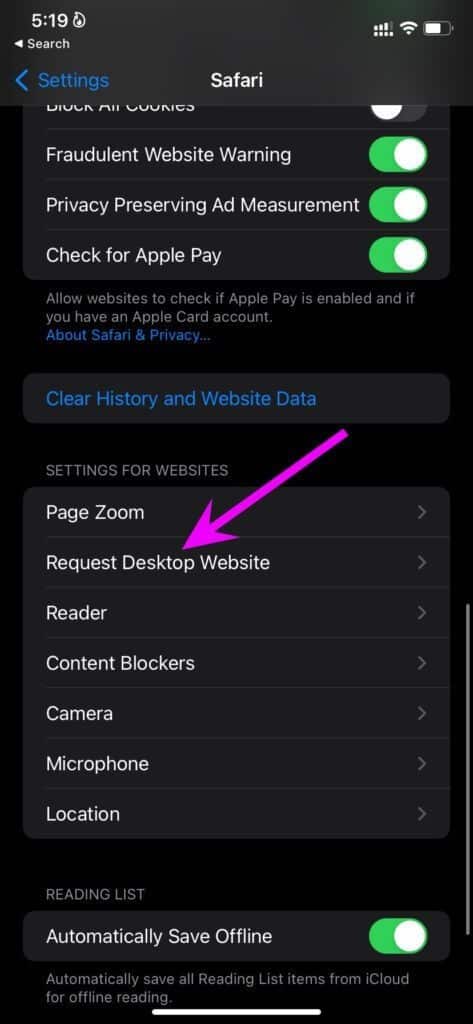
Step 4: Enable the toggle for all websites from the following list.
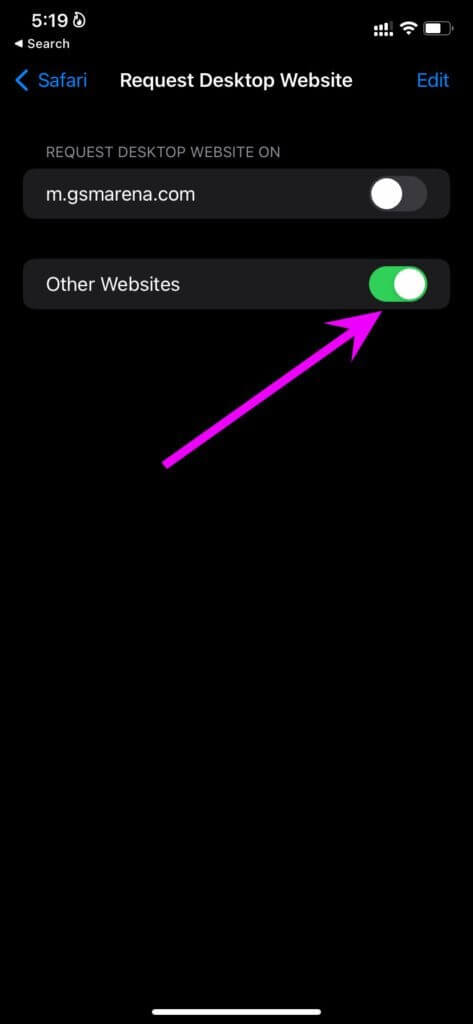
From now on, every web query will load in desktop mode in Safari for iPhone. Note that the full desktop mode experience may be subpar on a small screen.
Most websites these days are optimized for mobile use. You should only request the desktop site when necessary. We recommend not using desktop mode all the time in Safari for iPhone.
2. Use the desktop site on your iPad.
While we don't recommend using desktop mode in Safari for iPhone, we do recommend using the Safari iPad app. Most iPad users use their device in landscape mode, and with the iPad's screen now nearly 13 inches, it makes sense to use Safari in desktop mode only.
This is why Apple sets desktop mode as the default view on Safari for iPad. If you don't see websites loading in desktop mode, you'll need to make a similar adjustment (as we did on the iPhone) on your iPad.
Step 1: Open iPad Settings.
Step 2: go to the Safari app.
Step 3: Select an option Desktop site request.
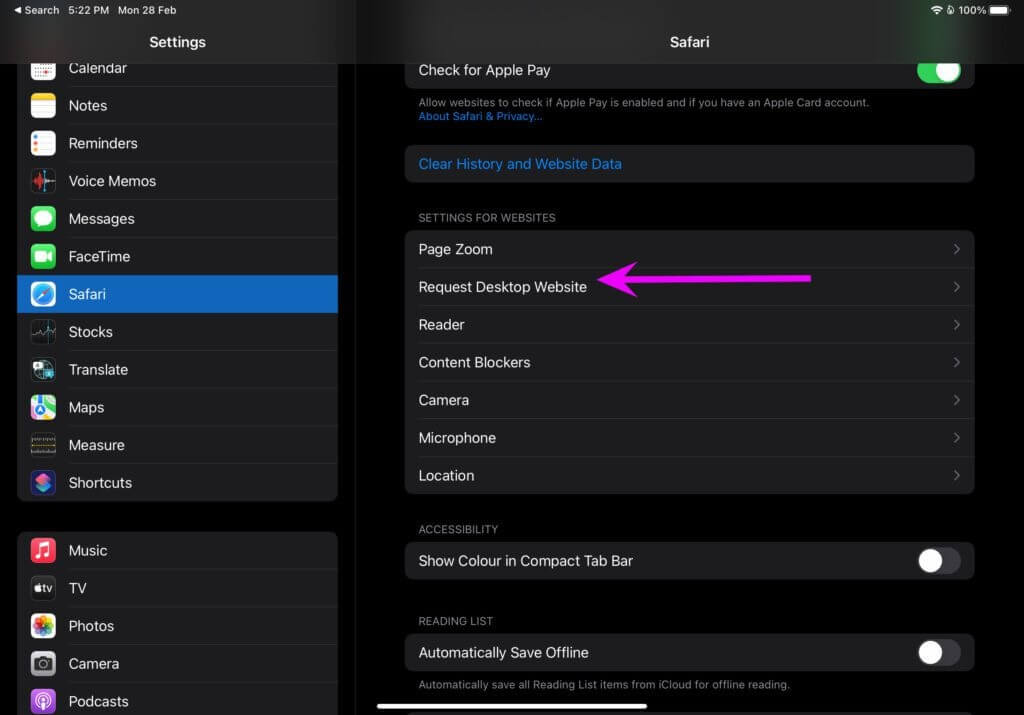
Step 4: Enable switch from the following list.
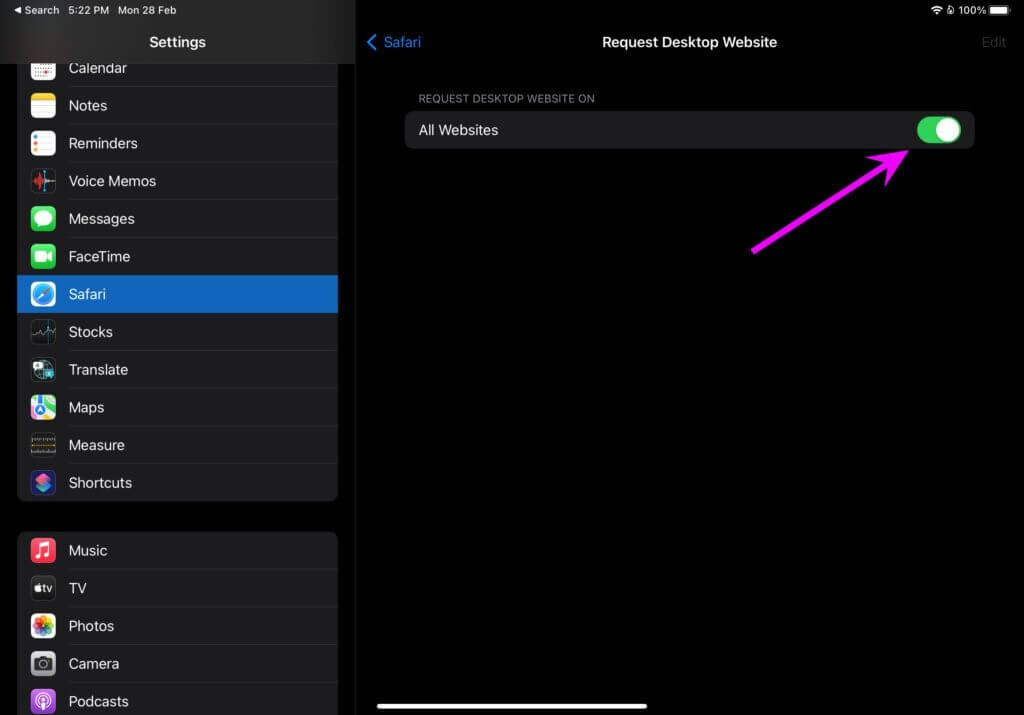
Disable content blocker
In some scenarios, you may experience issues loading websites in desktop mode on your iPhone. This behavior could be caused by a content blocker in Safari.
Safari on iPhone and iPad supports content blockers, and some websites may not allow you to browse articles with the content blocker enabled. You'll need to disable the content blocker and try loading the webpage again.
Step 1: turn on iPhone Settings app.
Step 2: Scroll down to Safari.

Step 3: searching for Extensions From the general list.
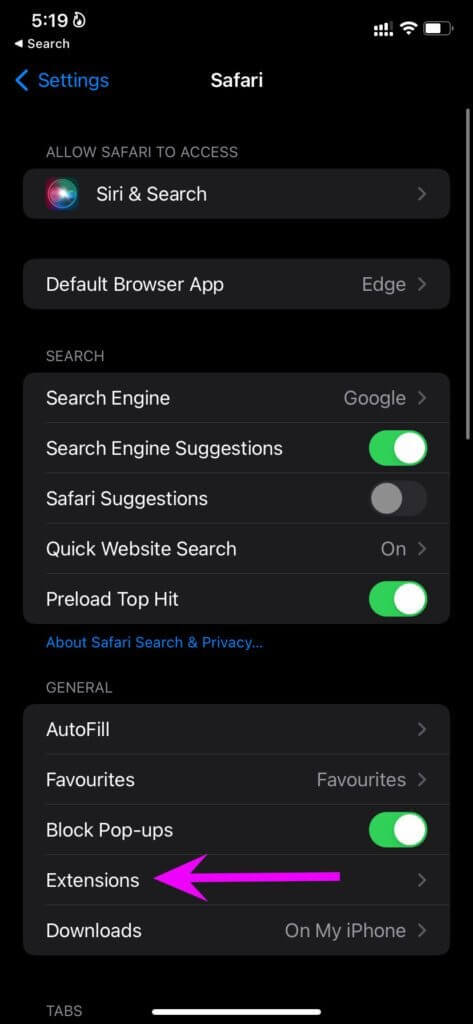
Step 4: Verify Ads Installer. Click on it.
Step 5: Disable it from the following menu.
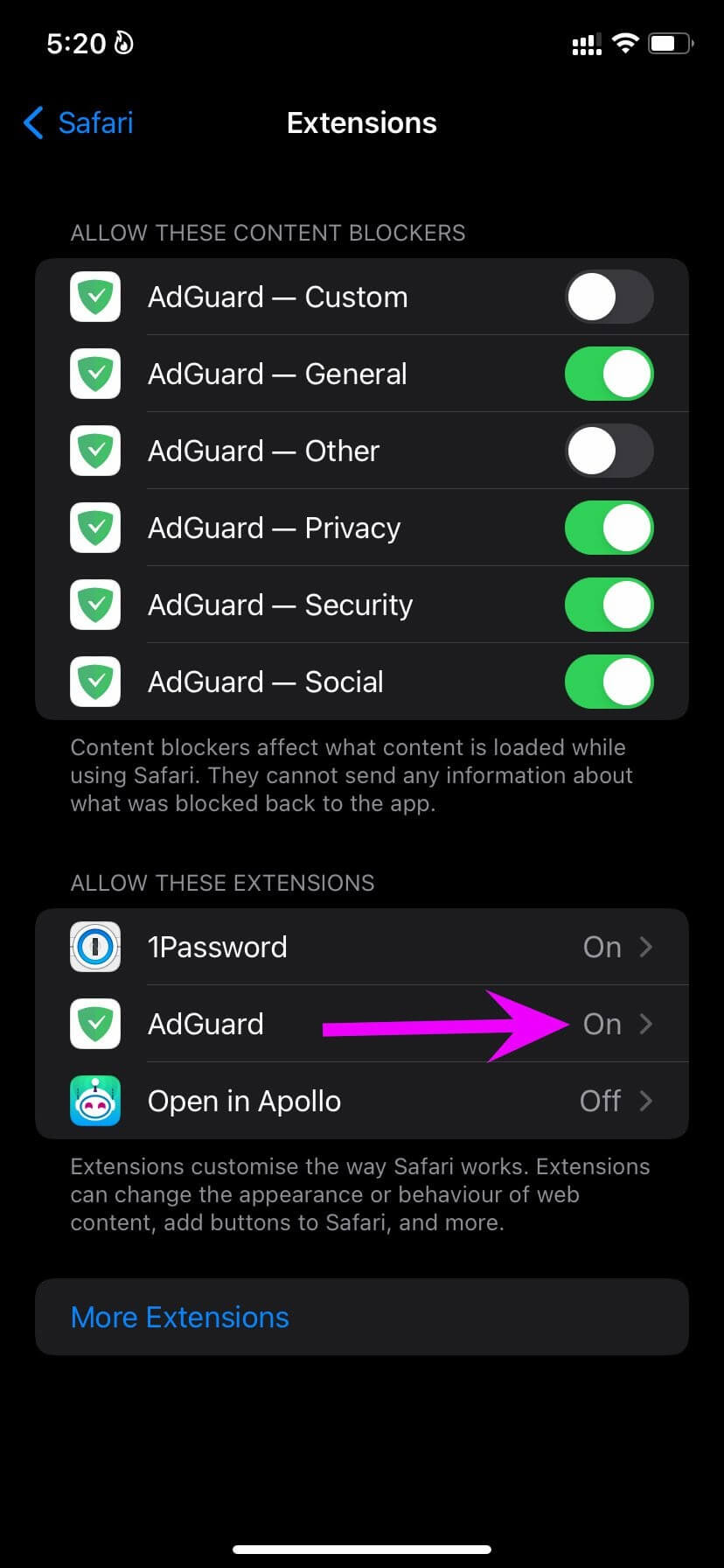
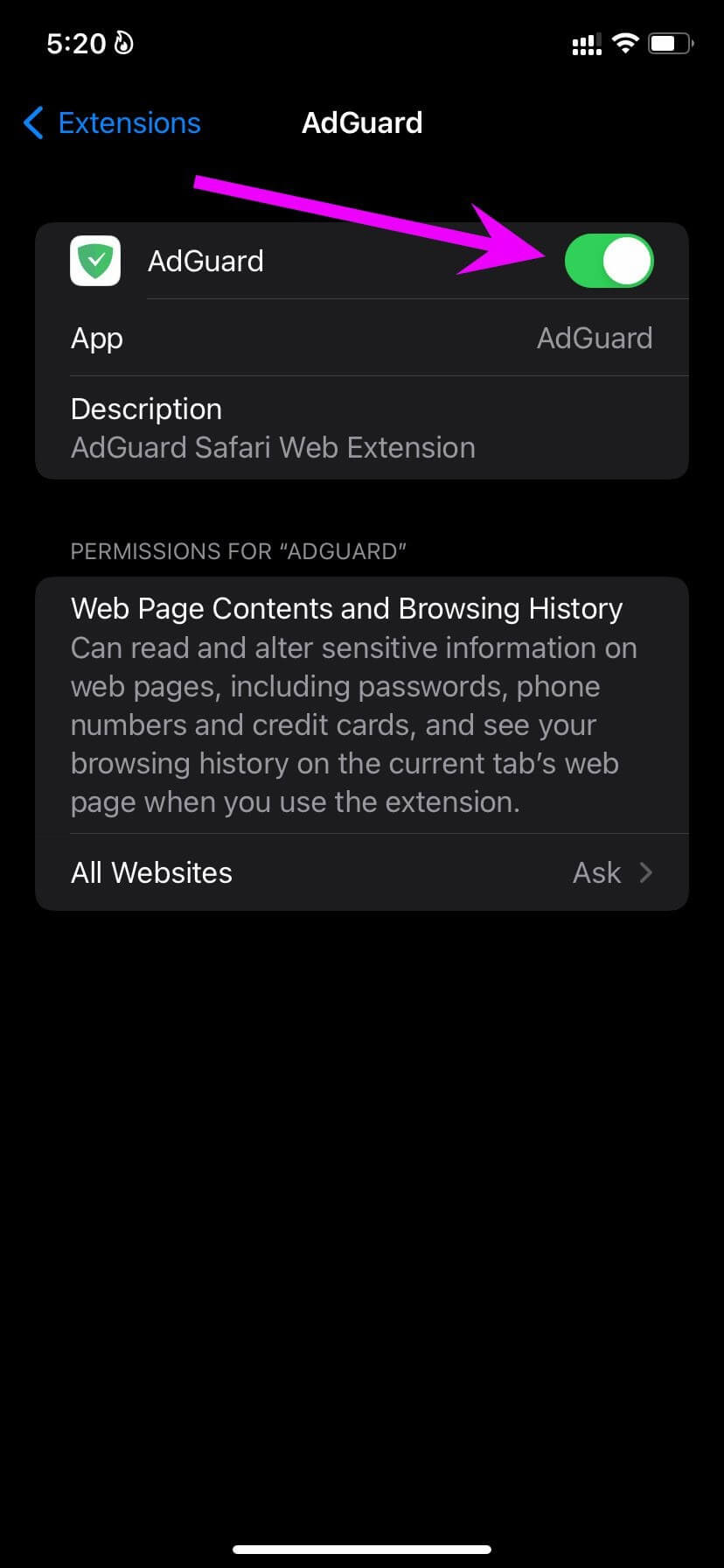
If you want to prevent Safari from using content blockers on a specific website, you can do so from the same Extensions menu.
Step 1: When you get an error during Load a web page in Safari , Click Accessories List in address bar.
Step 2: Open Settings Website.
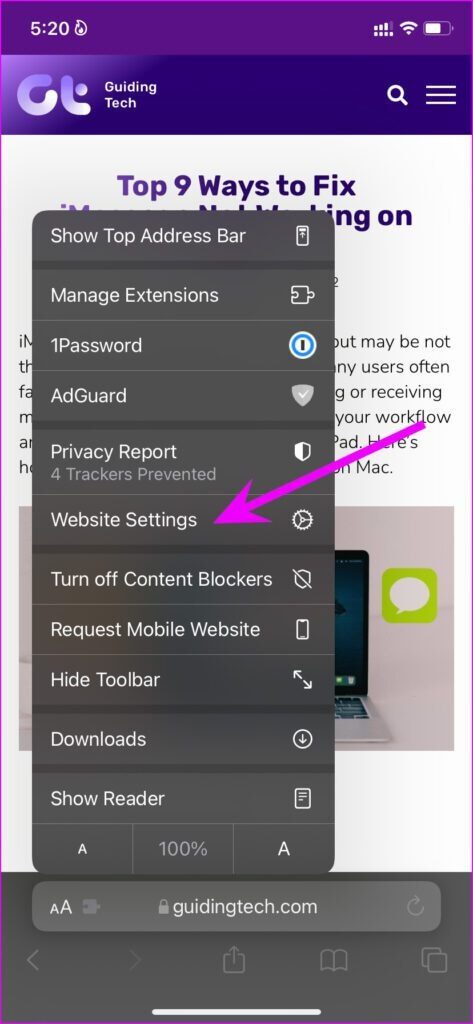
Step 3: Disable switching usage Content blocking tools.
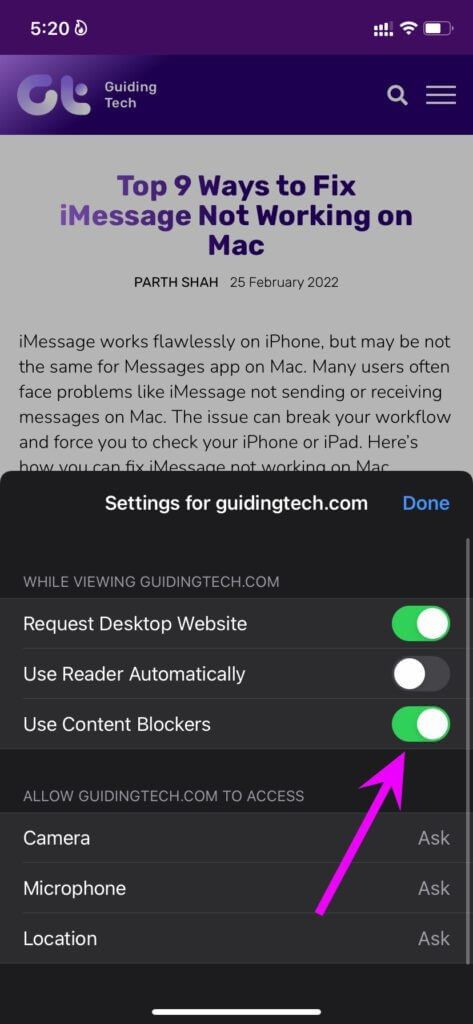
Discover Reader Mode
When you request a desktop site on an iPhone, the entire reading experience on a small screen can be below average.
You can enable the built-in Reader Mode in Safari and eliminate all distractions while browsing the web. Here's how to use Reader Mode in Safari on iPhone and iPad.
Step 1: turn on safari On your iPhone or iPad, load the web pages you want to read.
Step 2: If you no longer want to see all the unnecessary elements on the page, click Reader mode icon in address bar.
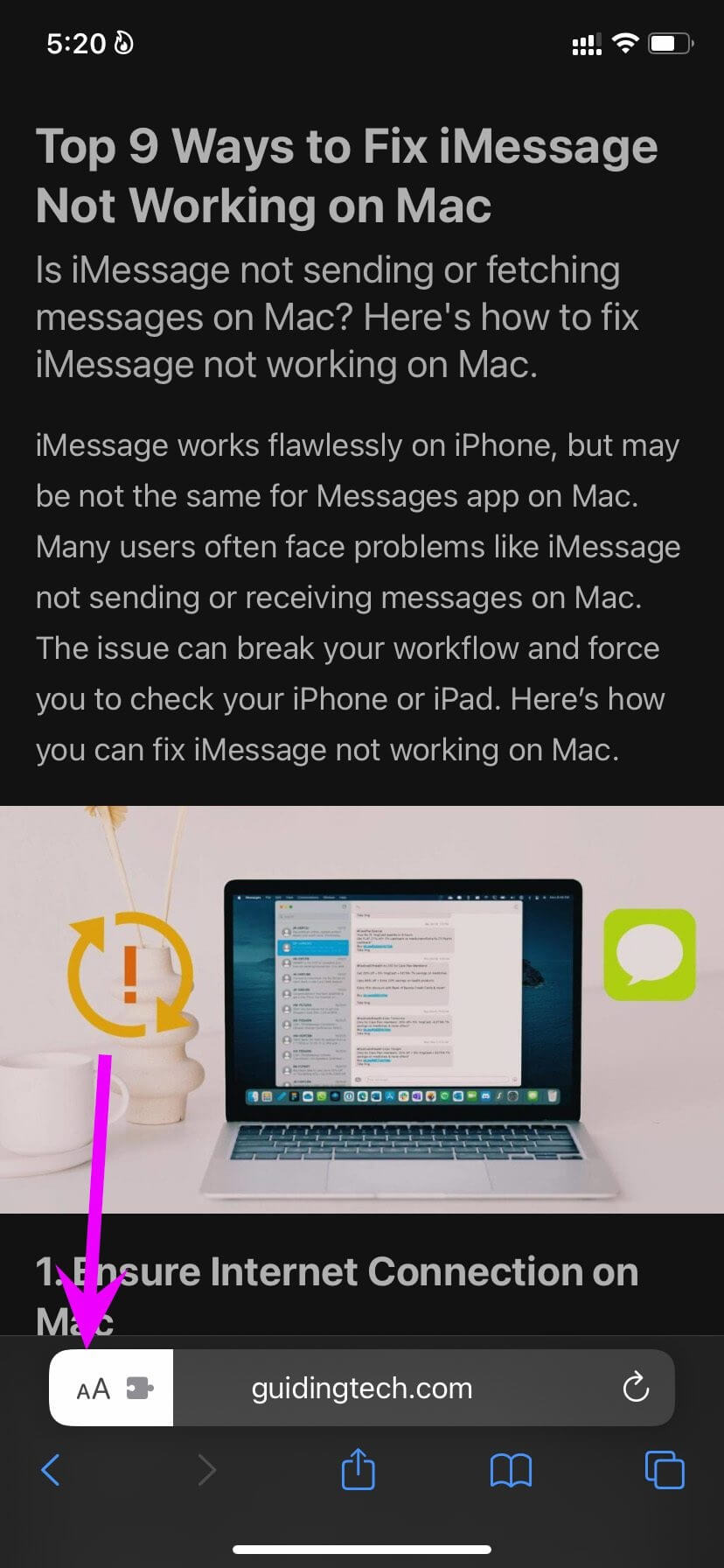
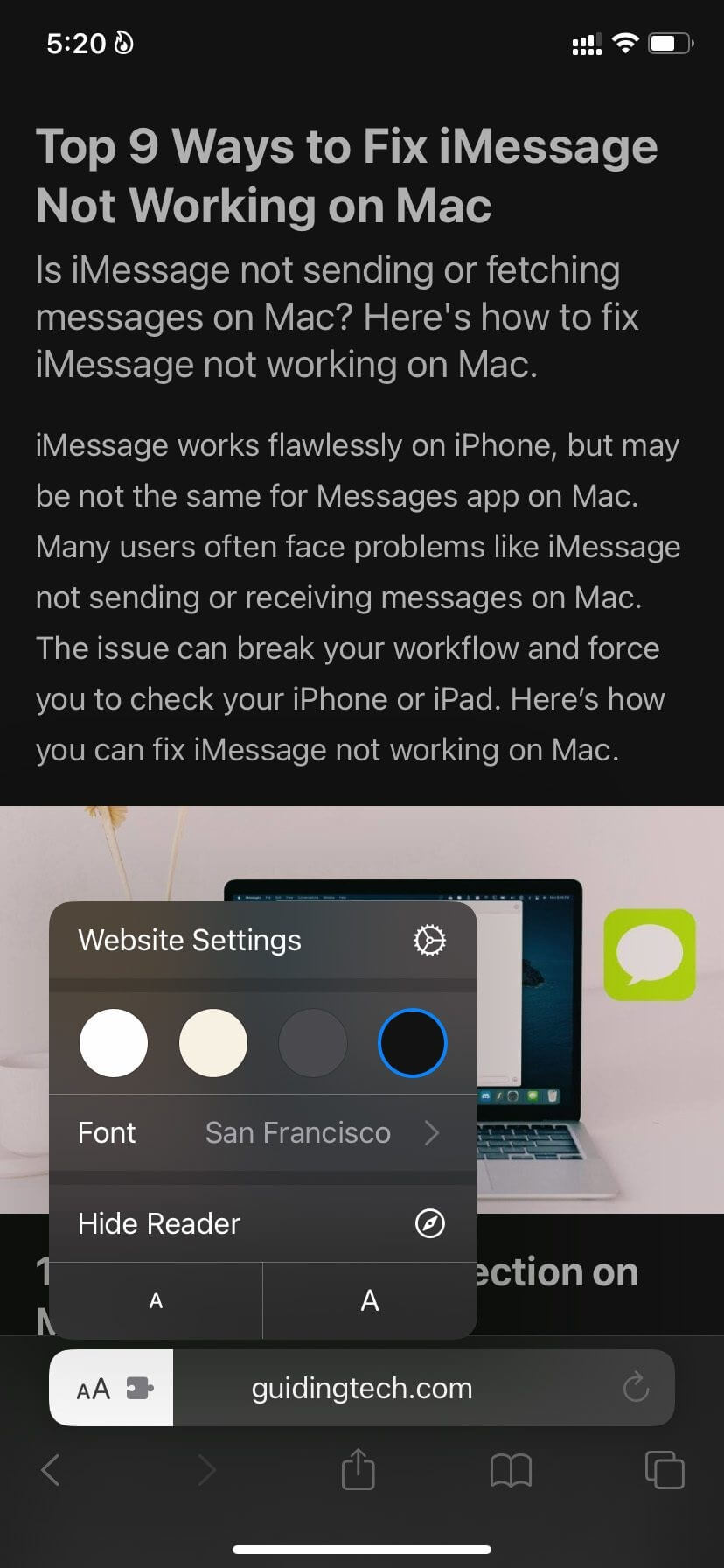
Voila! You're all set to read articles in a better environment. You can change fonts and even the background color in Safari Reader mode.
Read articles on the desktop site
Now that Apple allows users to change the default browser on iPhone and iPad, many prefer to use Microsoft Edge as their preferred browser on iPhones. Safari users can follow the steps above to request a desktop site. The experience can be cumbersome for iPhone users with a small screen.


